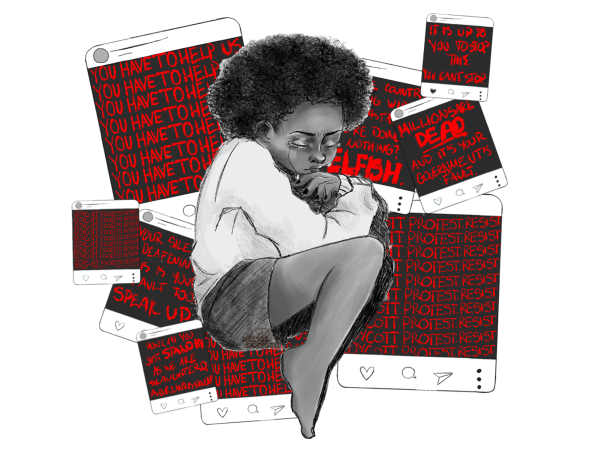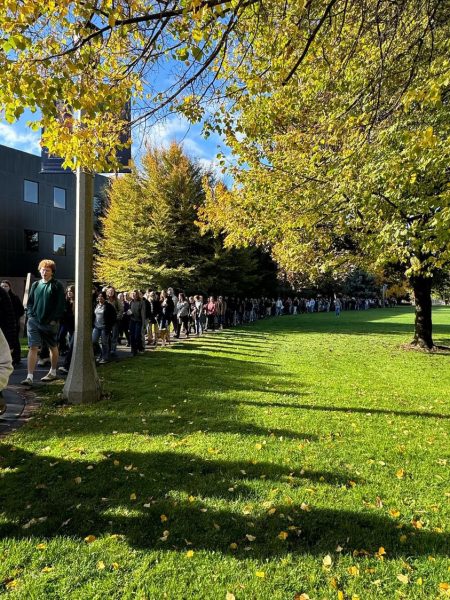How the Lone Star State is battling censorship
February 16, 2023
Soon after Trump supporters stormed the U.S. Capital in Washington, D.C., on Jan. 6, 2021, Twitter banned the then-president from its platform. The ban was wildly polarizing, with some arguing that the fact that major social media platforms have the ability to censor or even ban their users from the platform altogether is frightening. Indeed, there are major questions surrounding the ethics of these companies, which have the power to silence anyone when their policies are breached. As someone who frequently uses social media, it is essential that I have the right to voice my opinions freely without censorship and to also view the opinions of others without having them be silenced.
While it is important that some types of speech, such as hate speech, are moderated, social media platforms should not censor different political views that moderators do not agree with. In fact, Texas went as far as passing a law that prohibited large social media companies from banning users based on their political views; the law prevents social media platforms with more than 50 million monthly users, such as Facebook, Twitter and YouTube, from banning users or their posts due to their viewpoints. The law also requires social media companies to publicly report information about content removal and account bans.
However, some social media companies pushed back against the law, and the Computer & Communications Industry Association (CCIA) sued the state of Texas after the law was passed last year. CCIA stated, “Forcing private companies to give equal treatment to all viewpoints on their platforms places foreign propaganda and extremism on equal footing with decent Internet users, and places Americans at risk.”
While it would seem that the law passed by Texas was in favor of protecting users’ freedom of speech, in actuality, the law was part of a movement to push against anti-conservative bias from major tech companies. For the most part, social media companies have decided to deny removing content or banning users solely based on their views, but the platforms still have policies that prohibit graphic content, bullying, hate speech and dangerous misinformation.
While the Texas law that prevents large social media companies from banning users based on their political viewpoints is more concerned with censorship that engages in political opinion, the types of censorship seen in this case for Texas had to deal with platform restrictions where certain content is blocked. Other types of censorship include local restrictions, which may look like employers putting blocks on specific apps, services or websites to prevent their employees from gaining access to those sites.
It is important to note that social media platforms are private companies. The First Amendment of the U.S. Constitution only prevents the government from censoring speech; it does not protect people from other forms of censorship. However, that should not give social media companies the right to censor anyone simply because moderators (those responsible for moderating online content by sustaining regulations and policies for users) do not agree with their viewpoints. According to David L. Hudson, Jr., a writer for the American Bar Association, when social media companies like Twitter engage in censorship, even though the companies are private, users are not able to participate in the “marketplace of ideas” — they are not allowed to engage in “individual self-fulfillment.” Essentially, this censorship restricts their First Amendment right to freedom of speech.
Overall, social media platforms should not have the power to censor the views of their users simply because moderators do not agree with their opinions. When platforms that have more than 50 million users decide to censor or ban those users, it is essential that laws come into place to stop them. Texas’ 2021 bill is the first step to prevent social media companies from completely censoring their users.







Juliet • Feb 17, 2023 at 3:01 pm
Right on Lone Star!